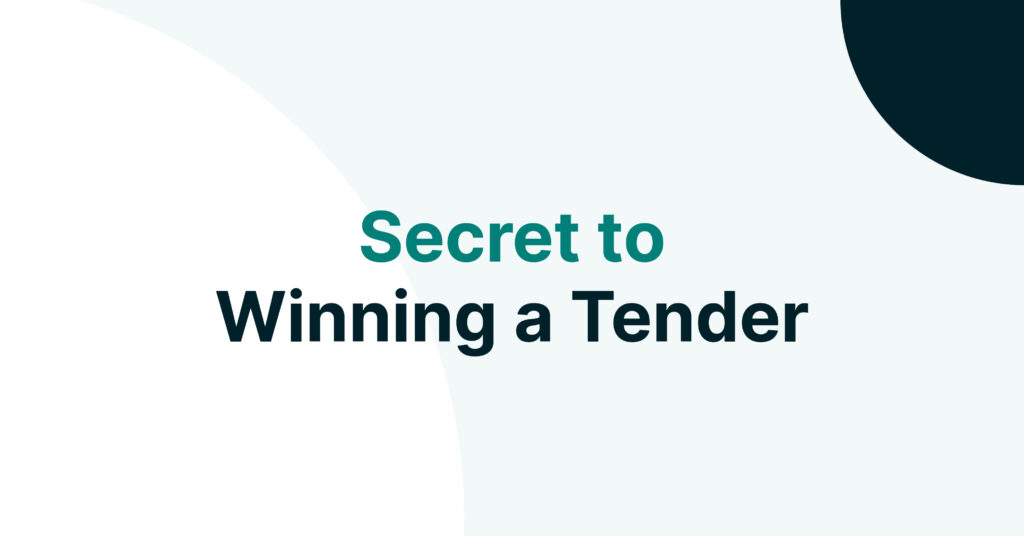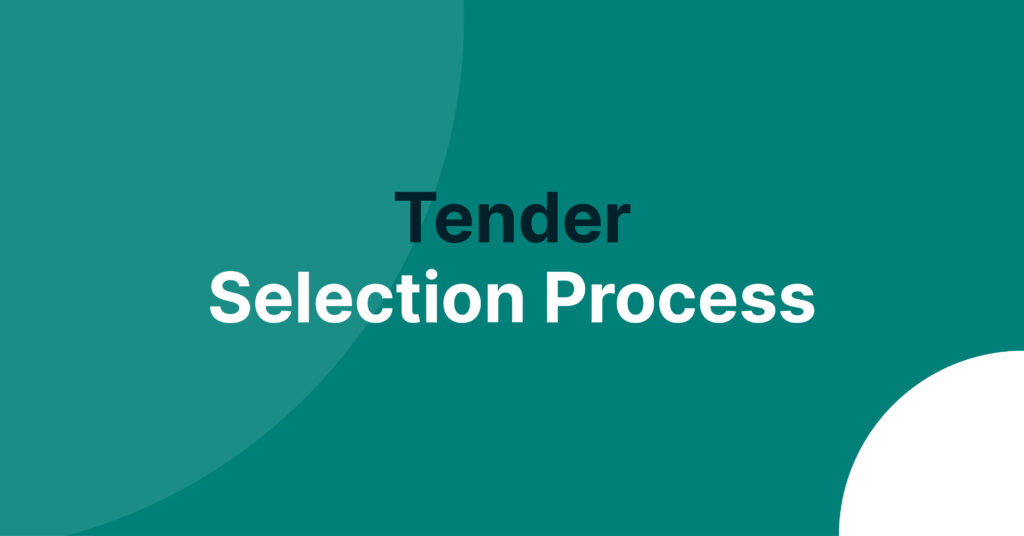Prepare to win your next tender!
Need tender preparation training? Here are 11 things you need to know
Tender preparation training is essential if you want to win your next bid but you don’t know where to start. At Tender VLE our Bid Writers have an 87% success rate. We know what it takes to create a winning bid. We have put together 11 top tips to help your tender preparation training.
-
Pre-empt the required documents
Depending on your industry, you will likely be able to pre-empt the documents you will need for your bids. For example, a construction tender will almost certainly require health and safety policies. Therefore, you can create these documents ahead of time. This will allow you to be more reactive with your bid responses.
Need help with creating your tender documents? Our sister company, Hudson Succeed, offers a Tender Ready package. This service includes the creation of the documents you will need in order to tender for work in your industry.
The documents required for different industries differ as the buyer will have different requirements. In the public sector, the key documents are usually:
- Company CVs
The buyers are looking at your team. They want to see who will be delivering the contract. Be sure to spend time writing these CVs to show what your staff are capable of. (More on this in tip three.)
- Policies and procedures
Buyers may ask to see your company policies and procedures in relation to the tender. They want to assess your process for managing certain issues.
- Case Studies
They want to see what contracts you have delivered in the past through relevant case studies.
-
Must-haves in your tender
An effective way to conduct tender preparation training is to develop a checklist. You can do this by following a list of ‘must-haves’ that the buyer is looking for. This includes:
- Trading history of a minimum of three years
- Relevant experience – usually displayed in your case studies
- Suitable memberships and accreditations for your industry sector
- Organisational structure and appropriate staff for contracts
- Define your Unique Selling Point (USP) that sets your company apart from your competitors.
-
Create company CVs
Most buyers will require company CVs to see who will be delivering their contracts. You can create these ahead of time by deciding who is most likely to be working on these contracts. To do this, assess your goals and the types of tenders you want to bid for. Then, look at your organisation and plan who will be required should you be successful.
Company CVs require you to demonstrate relevant experience. Therefore, you will need to choose the team members who have the most applicable credentials.
-
Do your research
We hope you’re still eager to learn about tender preparation training as we still have more to talk about. It’s important to research the buyer. This will help you gain a better understanding of their business and how you can fulfil their needs.
-
Assess the competition
As well as doing research on the buyer, you need to know who you are going to be up against. There’s no way of directly knowing who you will be competing against. Keep your competitors in mind when writing your bid response.
You will need to understand how you can stand out against your competitors to win the bid. For example, what Unique Selling Point do you have over your competitors?
-
Find the right contract for your business
There are numerous public and private sector contracts published each day. Finding the right one for your business can be time-consuming. You should look at increasing efficiencies in your tender sourcing approach.
To do this, you should establish what your ideal tender looks like. Ask yourself the following:
- What services do you want to deliver?
- Do you have at least three relevant case studies to prove you can deliver these services?
- Which geographical locations can you work in?
- Do you have the logistics in place to work in these areas?
- What is your maximum budget? You can determine this by using the general rule of thumb. We wouldn’t recommend bidding for work with a value of more than double your turnover. For example, if you turnover £500,000, we would recommend tendering for contracts under £250,000.
Our Hudson Discover portals are specifically designed as time-saving tools to help increase efficiency in the tendering process. These portals are updated every day with new tenders, specific to your industry.
-
To bid or not to bid?
Once you’ve received the tender documents and read through them, it’s time to be make a final decision. At this stage it is imperative to understand the question being asked and what the requirements are. You need to have a good understanding of what the buyer wants and whether you can fulfil their needs. If you don’t understand the bid, then it’s obvious you shouldn’t go for it.
-
Download tender documents to practice
As part of tender preparation training, we recommend conducting research into tenders that are open at the moment. Download the Invitation to Tender (ITT) documents to see what is required. This will help you prepare the literature that you would need to start tendering for work.
-
Boiler plates responses
Another key area to consider in your tender preparation training is boiler plate responses.
What are boiler plates?
Boilerplate responses are generic responses that can be used with minimal effort for multiple different bids.
Boilerplates save time and resources. This means your work may only need a few tweaks to tailor it to the question being asked. Being “tender ready” allows you to work more efficiently and be more reactive with your bid responses.
Some things to think about with boilerplates include:
- Understand the questions that typically arise in your sector
- Make your response specific to the question
- Don’t use outdated content.
-
Create an editable document
A final thing to consider for tender preparation training is creating an editable document. The benefit of this is that you can add and remove documents as required. Conduct a thorough check before the submission to make sure no previous contract names have been left in the document.
-
Improving unsuccessful tenders
A vital thing to learn in tender preparation training is how to improve if you have lost a bid. There are several steps to follow for improvement including:
- Always ask for feedback
- Undertake a post-bid review to determine what scored well and what didn’t
- Review your tender writing skills – were the style and format the best they could be?
- Review underperforming areas for your bid and actions.
- Take the comments onboard and don’t make the same mistakes again.
Want to learn more about tendering?
Tender VLE is the UK’s first virtual learning environment, dedicated to bid writing courses. Four of our course levels are still in development but you can start your learning journey at level one now.
Our instructors offer five levels of training to accommodate all levels of learning. Whether you’re completely new to tendering or a seasoned expert, looking to improve, Tender VLE offers the resources to help. Our training is suitable for a variety of learners including businesses, freelancers or aspiring Bid Writers.
If you need more tender preparation training, we have the perfect solution.
Tender Ready is 4-week programme designed to introduce you to the tendering process. One of our highly skilled Bid Writers will work with you to make sure your business is ready to tender.
Are you already tendering for work but not seeing success?
Tender Improvement is designed for you. Our Bid Writers will review your previous tender responses and work to improve them for further tender submissions.
Need help with an immanent bid?
Choose Tender Writing if you want the whole package. All we need from you is information about your company – then we’ll do the rest. From writing through to submission, a member of our Bid Writing Team will take care of it all.
If you’ve written your tender responses and just want a fresh perspective, then Tender Mentor is the service for you. A member of our team will proofread your tender response, checking for inconsistencies, grammar or spelling errors. We’ll also check your responses to make sure they meet the tender’s specifications. Just ask a member of our Bid Writing Team!
Get in touch with one of our expert Bid Writers and watch your company grow.
Why not try Discover Elite?
There’s even more on offer with Discover Elite.
Upgrade your tendering experience with Discover Elite and take the next step to success.
Contact our team to find out more!








